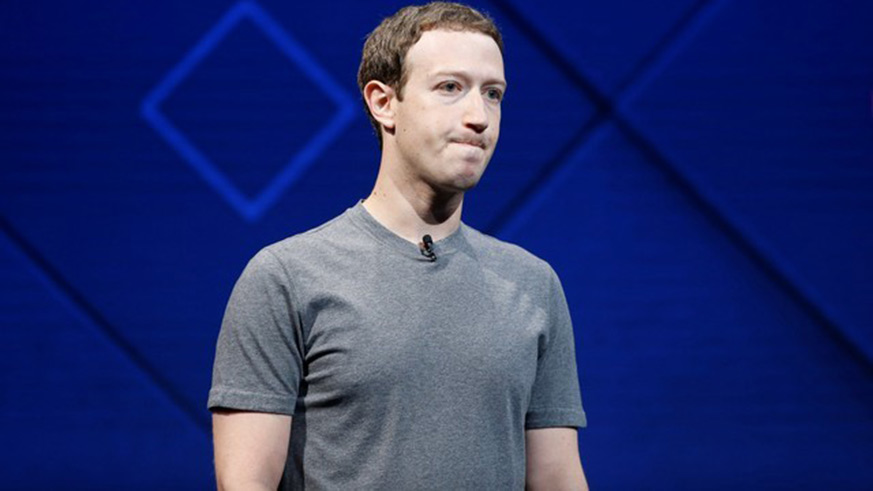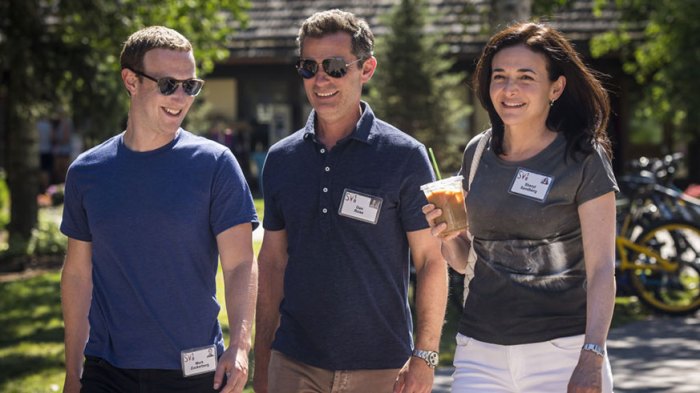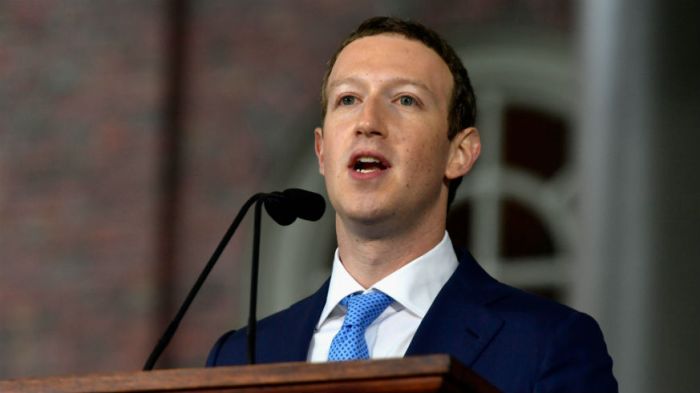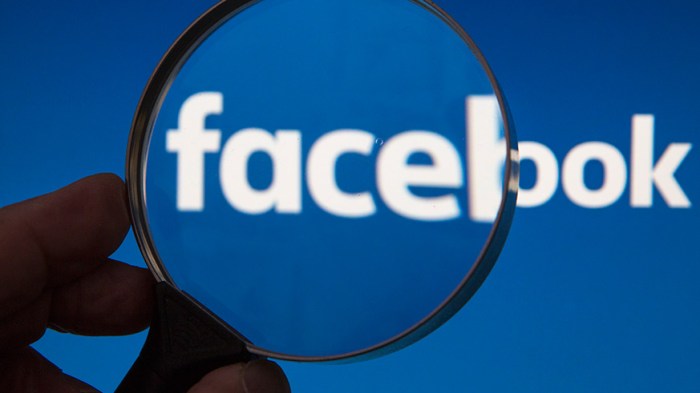Days before he is due to testify before Congress, Facebook CEO Mark Zuckerberg announced Friday that anyone seeking to place political ads or run large pages on the social network will be required to verify their identity and country.
The step is intended to prevent the kind of foreign interference in elections that the U.S. saw from Russia in 2016 and continues to experience. Zuckerberg and Facebook have been under particularly intense scrutiny since March 17, when four news organizations in the U.S. and Britain reported that Cambridge Analytica had harvested Facebook user information without their consent, using it to create psychological profiles of voters that were used to target pro-Trump, anti-Clinton messaging during the 2016 election.
Where Facebook stands
The New York Times reported the number of users affected were about 50 million. This week, Facebook raised that number to 87 million.
Zuckerberg will testify before the Senate Judiciary and Senate Commerce, Science, and Transportation committees next Tuesday, and the House Energy and Commerce Committee on Wednesday. He will face questions about Facebook’s dissemination of personal user data. This follows months of revelations that Russian agents used Facebook to sow discord among Americans and to tarnish Hillary Clinton during the 2016 campaign with sock-puppet pages and paid ads.
Why Facebook is acting now
Facebook has been pressured to take action ever since. But it wasn’t until the Cambridge Analytica story — reported by the New York Times, the Guardian, the UK Observer and Britain’s Channel 4 — coupled with pressure from lawmakers and a drop in Facebook’s stock price that the policy changes were announced.
“These steps by themselves won’t stop all people trying to game the system. But they will make it a lot harder for anyone to do what the Russians did during the 2016 election and use fake accounts and pages to run ads,” said Zuckerberg in a post on his Facebook page on Friday.
The company recently removed 270 pages associated with the Internet Research Agency, the troll factory that worked to spread disinformation during the 2016 campaign.
Facebook didn’t suspend Cambridge Analytica from the platform until March 17, the day the media broke stories about the unauthorized data harvesting. A headline in “The Atlantic” the next day typified the reaction, which continued to resound across the internet Friday: “What took Facebook so long?”





















